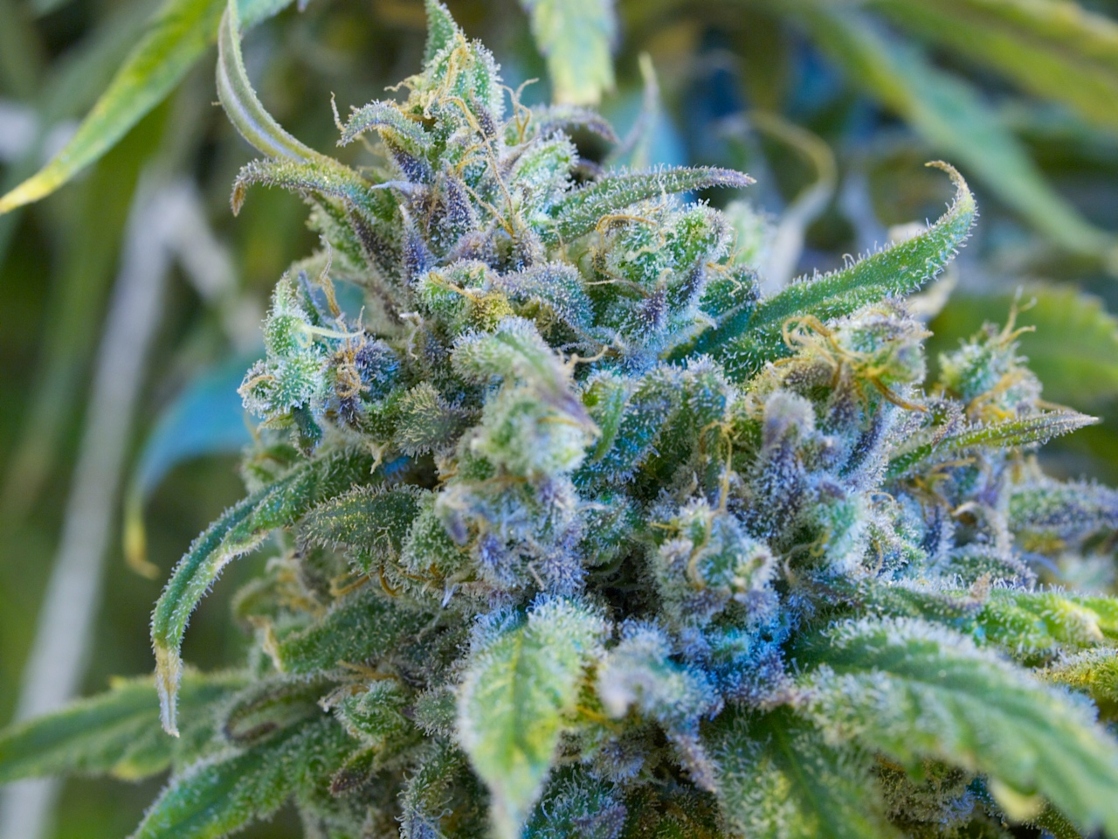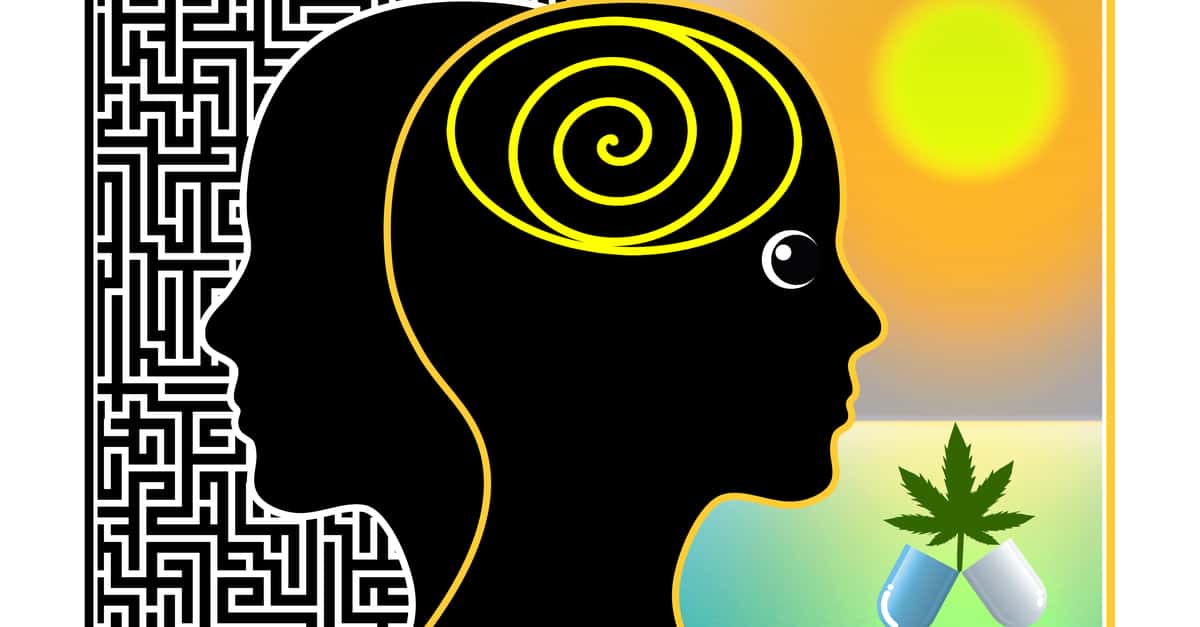Image via
Regular cannabis users are able to drive as safely as sober people, even while stoned, according to a new study published in the Accident Analysis and Prevention journal.
To investigate the potential risks of cannabis-impaired driving, a team of researchers affiliated with the University of Colorado recruited 85 adults between the ages of 25 and 45 to participate in a simulated driving study. The subject pool included 31 subjects who reported using cannabis every day, 24 who said they got high one to two times a week, and 30 people who did not use cannabis at all.
Each subject performed two separate tests using a car-based driving simulator with a 45 minute break in between each session. During the break, each cannabis-using subject was given 15 minutes to get as high as they wanted using flower that they purchased themselves. Researchers asked participants to bring bud with 15 to 30 percent THC content, but did not impose any other limitations on what kind of weed could be used. The control group of non-users remained sober for both of the driving tests.
Using the MiniSim™ National Advanced Driving Simulator, researchers obtained two separate measures of driving performance in simulated urban driving scenarios. The simulator recorded data on the standard deviation of lateral placement (SDLP), which measures a driver’s ability to safely remain in their lane on straight road segments and turns. Researchers also kept track of whether drivers drove faster or slower than the speed limits posted in the simulation.
Researchers found that the occasional pot users performed significantly worse on the SDLP test after getting high, which suggests that weed could indeed be interfering with their ability to drive safely. But experienced, daily users were able to drive as safely as the sober control group. Occasional users also drove slightly faster than the posted speed limit when they were stoned, but not fast enough to be statistically significant. On the other hand, daily pot users drove significantly slower than the speed limit after getting high.
“We observed a decrement in driving performance assessed by SDLP after acute cannabis smoking that was statistically significant only in the occasional users in comparison to the nonusers,” the study authors concluded. “Daily users drove slower after cannabis use as compared to the occasional use group and non-users.”
This study brings new insight to a growing field of research on cannabis-impaired driving. Anti-legalization groups and law enforcement officials have constantly warned that adult-use legalization will lead to an increase in pot-related traffic accidents, but the data so far suggests that this is not the case. Several recent research studies have found that it is more dangerous to drive under the influence of prescription pills than weed, and that THC alone does not increase the risk of accidents.
This research also clearly highlights the fact that THC blood tests cannot effectively predict whether or not a driver is too stoned to drive safely. Many US states and Canadian provinces have imposed per se THC limits for drivers, and anyone caught exceeding that limit can be fined or even have their license suspended.
The present study reports that the daily cannabis users had six times as much THC in their blood as occasional users – but in this case, the users with higher THC blood levels were actually driving more safely than those with lower levels. Researchers have also found that past-day weed smoking can cause a person to test over the limit for THC, even though they are completely sober at the time of the test.











